The other day, while out exploring the Dutch countryside (a.k.a. endless fields & windmills), I overheard a Dutch mother speaking to her child while we were taking a pit stop next to a field of cows: “Kijk” the mother pointing to the cows. Her small child then began shouting out enthusiastically, “Boo! Boo! Booooo!!“. Why on earth did this child dislike these poor innocent cows so much?!? And who knew a 3 year-old could already show his distaste with zealous boo-ing?! I knew the Dutch were direct, but I didn’t expect such jadedness from a 3 year old…
Now, now, settle down. Of course the child was not boo-ing the cows; turns out that Dutch cows actually speak a different language that my familiar Canadian dairy cows. While we all know that English-speaking cows say “moo” (hence their nickname,”moo-cows“), Dutch-speaking cows prefer to communicate with a slightly more spooky “boo” sound (written as boe in Dutch). Yes, how silly must I have looked shouting “moo” to those beasts. I should have recognized the “I-don’t-quite-understand-your-accent-in-Dutch” look since I’ve seen it all too many times!!
Turns out that Dutch cows aren’t the only animals in the low-lands that speak a different language. Dutch pigs do not say, “oink-oink” but rather, “knor-knor”. And Dutch roosters do not wake you up with a hearty, “cock-a-doodle-do” but a rather foreign sounding, “kukeleku“!
Dutch cats and dogs seem to be a little more worldly, as they have mastered the international language of “prrrr“, “miauw” and “woef woef”. Yes, only a slight accent in a Dutch dog’s bark, which is much more than I can say about those Tunisian dogs and their incomprehensible “hab hab hab“.
What is the lesson in all of this my friends? Simple. Next time you are attempting to speak to an animal in the Netherlands, be sure to make sure you are speaking the same language. That Dutch frog ain’t going to understand your “ribbit -ing” and that Dutch rooster is sure to give you a crazy look and shake its head with all your “cock-a-doodle-doo-ing“!!
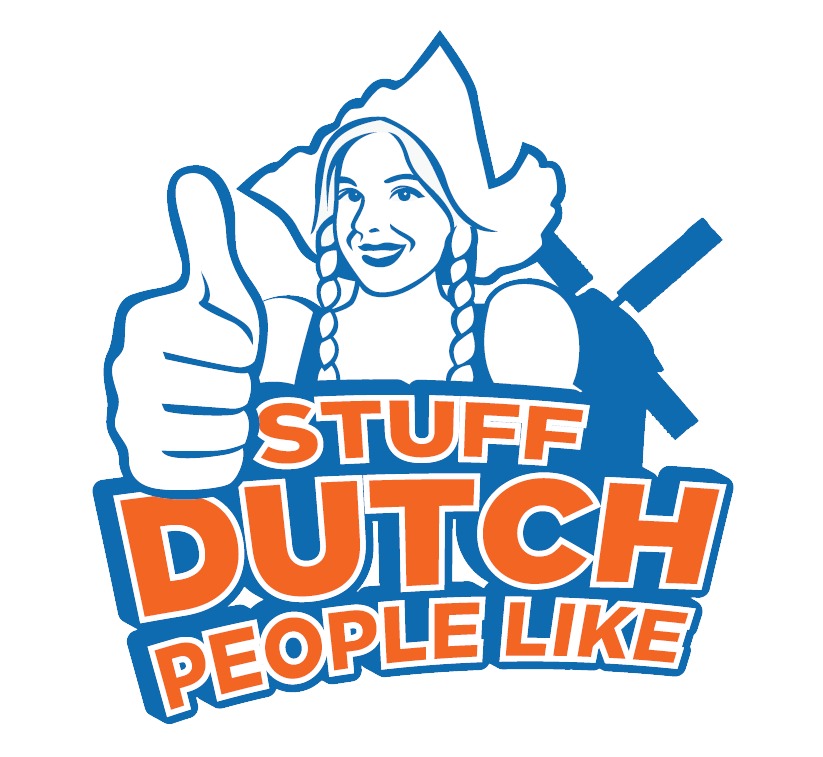
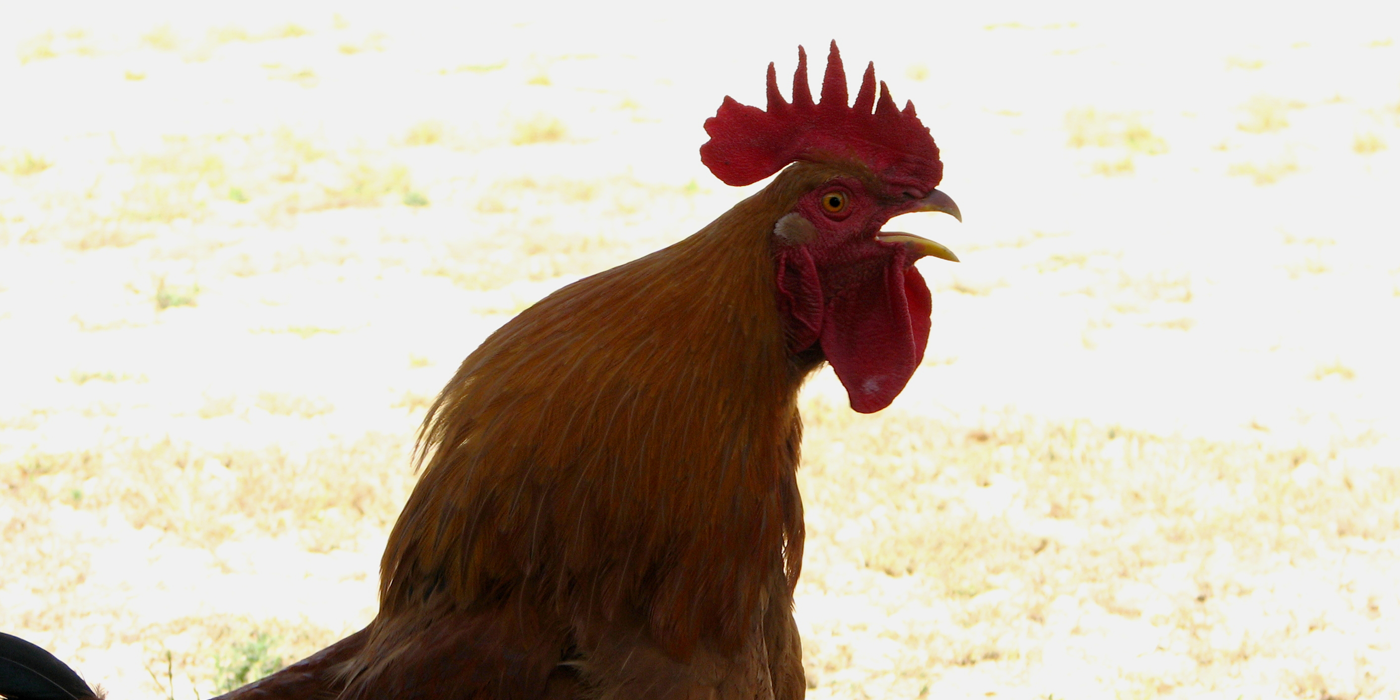

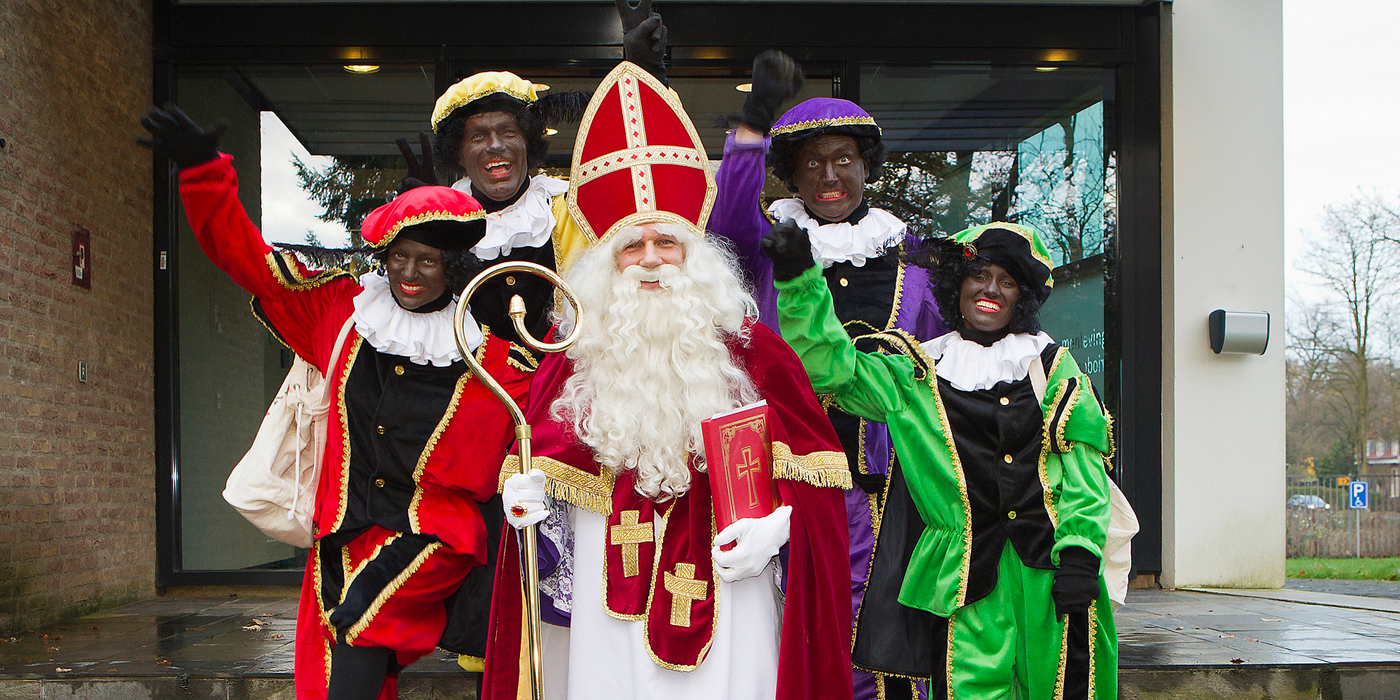
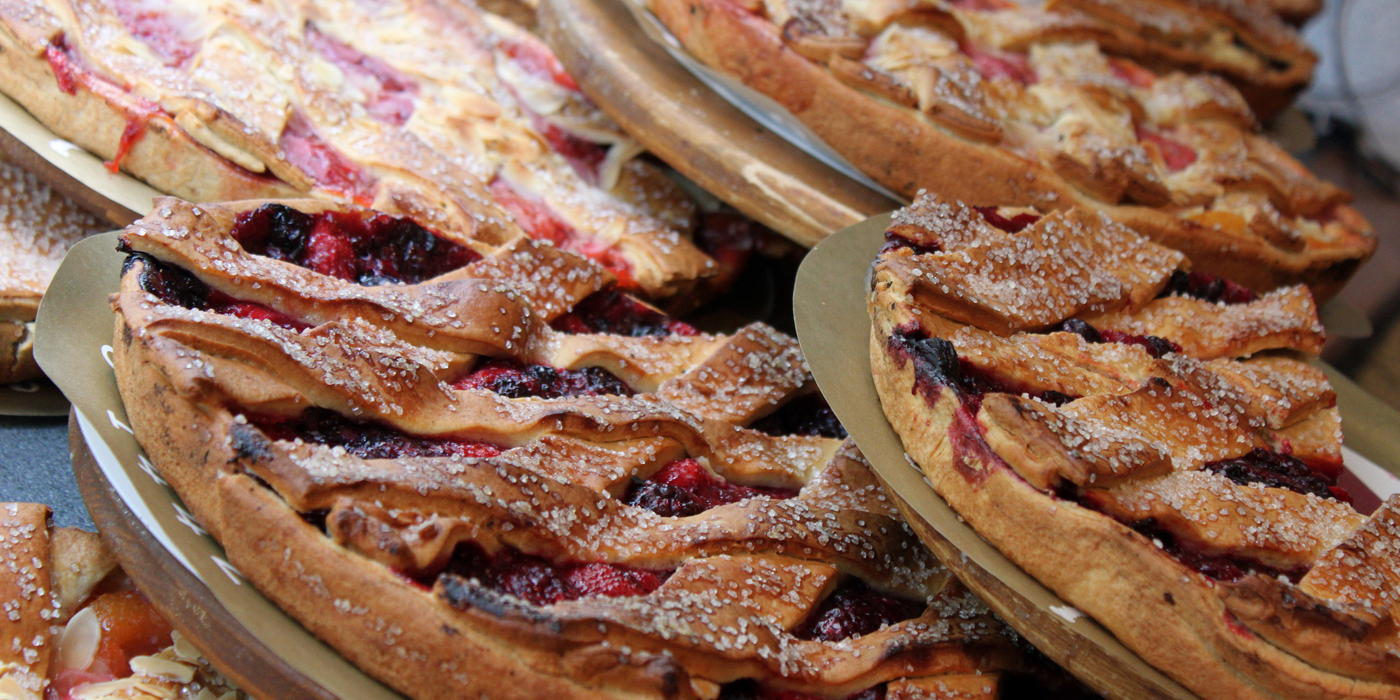

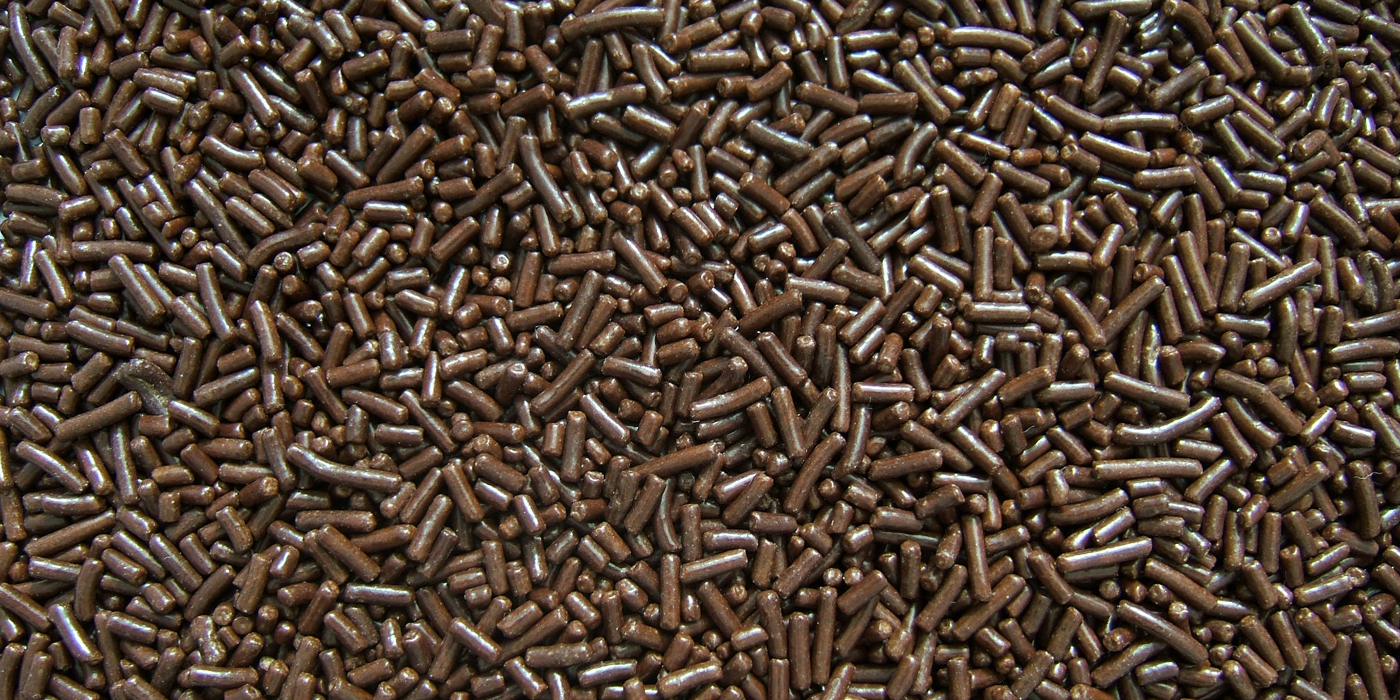
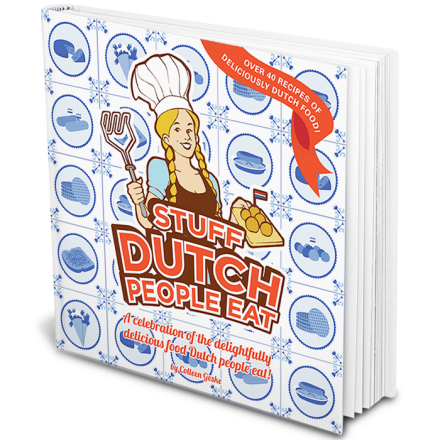
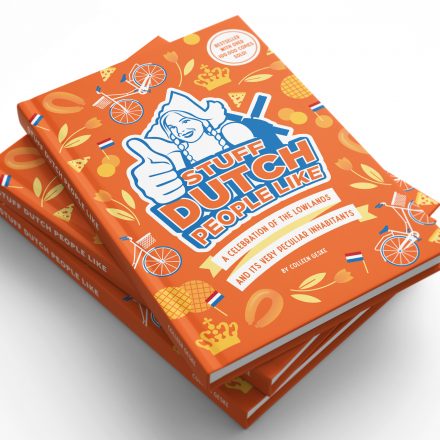
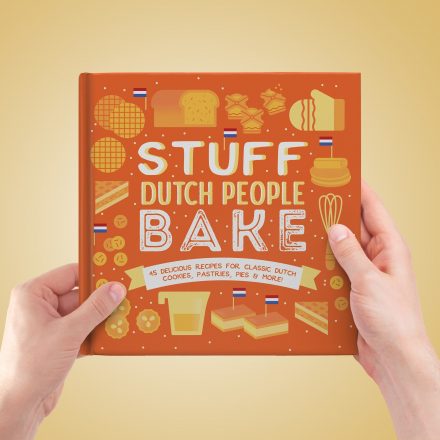
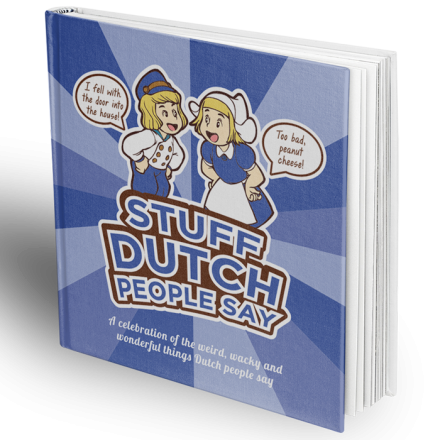
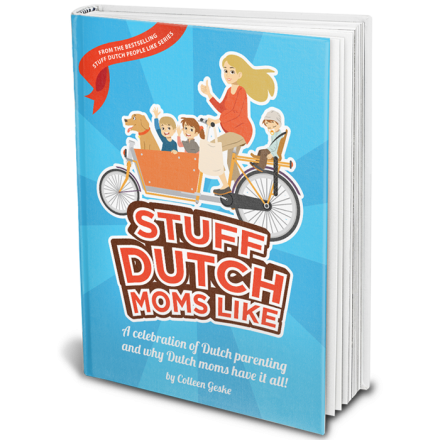
What might the 3 year old have thought, had you called out to the cow “moo” ? The child might have been thinking you said “moe”, in Dutch short for “moeder”: mother 🙂 I don’t know if “moe” is used very often anymore; probably an indication of my age and/or the region I grew up.
the child could also think that he was telling the cows that he was very tired :p
“moo” or “moe” means Tired in Dutch
Actually, if you had said moo=moe the kid would have thought you were tired. Moe in dutch is the word for tired. Moe for mother is not common anymore, only in some northern dialects they say moe to their mothers.
its no moe for mother any more now its moeke of moederke
‘Moe’ is more commonly used as ‘tired’. Old dutch joke though: “ik ben moe.” -dan moet je zorgen dat je pa wordt. ”
Here “moe” is used as tired, as in “I’m tired”. The other responds with: ” than you have to make sure you become dad ” as response to the old use of mother
That’s right! My mom used to say that a lot!
Czech cows talk the same….booooooo! 🙂
Ty Kravooo :p
In every language is different, in spanish , for us in Venezuela, a rooster will sound “kikirikiiii”, a cat would “miau”, a dog would “guau guau”
Au au! sound of the dogs, miau is sound the cats, and cows sound is mu, mu!
Oh another Venezuelan here! 😀 good, I thought I was the only one
The frogs says “Kwak kwak kwak” but so does the duck. Although, the duck is also spoken to with “Kwaak Kwaak Kwaak”. Great article!
When I lived in America the dogs apparently said bow-wow. Now here in Australia they say woof. There simply is no consistency. We need an international organisation for the standardisation of animal noises…
In Brazil dogs says: au, au!
When you say au au, that means en dutch that you have pain.
So what *do* kikkers say?
kwak kwak kwak
Nope, kikkers say kwaak, not kwak.
To be honest. Kukeleku sounds a lot more like a rooster than cock-a-doodle-doo. Although i have no defence for the “Knor” instead of oink
Well when you think about it.. pigs do kind of ”knor”. It’s probably an onomatopoeia for the the snuffling sound they make. Whereas oinking is more of an impression of the squealing.. or something. maybe. i don’t know.
Relevant: this awesome wikipedia page http://en.wikipedia.org/wiki/List_of_animal_sounds
http://news.bbc.co.uk/2/hi/5277090.stm
Cows actually do have regional accents!
When I first lived in Holland and learned that cows said “boo” the very first question that came to mind was, “What do you say to scare someone?” Well, it’s “boo”, too. A while later I lived across from a farm in Noord Brabant for several months and found that the cows do say “boo”!
But when you want to scare someone you say BOE!!! Suddenly and short. The cow says Boeoeoeoeoe, very long and a little bit sad…. Huge difference.
Funny, was just thinking about this when the roosters woke me up this morning.
I kept thinking that the sounds they made did not sound like ”kuleku” at all!
Did you know that frogs and ducks talk the same language in Holland?
They “kwaak”. In Dutch: ze kwaken.
The nephews of Donald Duck are called: Kwik, Kwek and Kwak in Holland.
I’m quite sure ducks say ‘kwek’ and kikkers say ‘kwaak’
And horses don’t neigh, they hinnik. Chickens say ‘tok tok tok’, gold fish say ‘blub blub’ (just listen to the K3 song ‘Blub ik ben een vis’), and sheep and goats say bèèh.
A sheep actually says meeeeeeeeeeh
Haha, okay, perhaps. But I think the sheep in my area say bèèh, and perhaps the goats say mèèh. Because goats always sound a little plaintive compared to sheep, like they are hurt or lonely… 😉
my mum always said sheep said meeeeeeeeeeeh, though almost everyone else said baaaaaa. now meh means boring/unoriginal person – well amongst people about 10 years younger than me in London it does anyway.
I’m learning Dutch and I love trying my knowledge with books for babies and kids, so I read a lot about animals 🙂 I’m from Italy and I live in Spain and I guess in both places the fish is silent, great surprise that I had with the Dutch fish! I love it! Not to mention the ‘vlinder’, which was part of a poem read at my wedding and almost the only thing I understood.. 🙂
And by the way, great blog!
What kind of sound does the vlinder make? I’m Dutch, but I’ve never read about the vlinder making noise.
I can’t reply directly to your message, Janneke, anyway: I have no idea if the vlinder makes any noise (maybe flap flap with the wings??).
I read ‘Nintje and the rups’ and at oma’s house Nintje saw a rups which eventually turned into a vlinder – so I knew what a vlinder was. At my own wedding, truth is I didn’t understand so much, but the man who married us read a poem about love and friendship and flowers, and love was like a vlinder and bla bla bla. I was excited ’cause I could really understand – and I have vlinders in my wedding ring: the man thought I loved the poem and he made a copy for us 🙂 THanks to ‘Nintje and the rups’ I could understand something at my wedding!
I also can’t reply to you directly.
I thought you referred to the vlinder making noise, hence my comment.(I misread.) I love your background story about the vlinder 😀 (By the way, vlinders (butterfles) in your wedding ring? It sounds absolutely gorgeous and unique/refreshing!)
How do flies and butter and up becoming butterflies?
Goldfish only pretend to make sound. At least I have never heard one.
I’m Dutch and live in the UK and have this “argument” with my lovely british misses every time, she won’t accept cow’s saying “boo”. We also don’t agree on the noises horses make. Everyone knows a horse says “ieeeeeeeeh-hieee-hiee-hieee” though apperently the English horses say “neej”, pronounced as in our “nee”.
To this day i’m still confused as to why a horse would say neej.
“here horsey horsey, you want you nice fresh hay ?” NEEJ. “oke fine, i’ll take back then!”.
Crazy British animals…..
Ahhhhh, just hilarious this article. As a Dutch person living in Ireland with an Irish husband, I have also come to realise that it is not just us human beings speaking different languages. Same goes for our furry and not so furry pals. I now ‘ribbit ribbit’ when talking frog language (yes we do have kids….), which oma in Nederland thinks is very funny, but agrees is far more accurate than ‘kwak kwak’. She even complimented me on ‘doing a great frog’. As most of you know, quite an acomplishment to get a compliment from good old Dutch oma! Keep up the great blog!
How very interesting. Not something I’d ever thought about but if the people are going to speak a different language with a different accent then it makes sense that the anbimals do too.
As a Dutch guy living in Canada I’ve fought many pub arguments about the true language of animals.
Here’s another one. The proper names of cartoon and children characters.
Chip & Dale = Knabbel & Babbel
Big Bird = Pino (and his colour is blue)
Daisy Duck = Katrien
Huey Louie and Duey = Kwik, Kwek en Kwak
Got to correct you there. Pino is Big Bird’s nephew, whom we call Neef Jan (Cousin Jan) 😉
Some years ago I wrote a short poem:
Koeien zijn geen goed publiek
Ze geven ongefundeerd kritiek.
Hope you get it 😉
@ Jan Mango: LOL!!! 🙂
The meaning of this poem is not nearly as powerful when you translate it into English, because English cows say ‘moo’, as Colleen pointed out.
Cows (koeien) are not a good audience (publiek)
They criticise (geven… …kritiek) you without a reason
!? Yes, Dutch cows say: “Boeoeoeoe” (booooh)
This is perfectly natural. Some languages try to describe the sound an animal makes while other languages try to put the sound into written language as literally as possible. Famously Japanese cats say “nyan” (pronounce as njan”, one vocal syllable), dogs say “wan wan”, and pigs say “buhi buhi”.
See? we’re not so strange after all 🙂
In America, your dog can say ‘woof’, ‘bow wow’, ‘arf’, ‘bark’, ‘ruff’, and ‘yip’ (little dogs). But I think cats remain ‘meow’…various spellings, all same sound.
Imagine the confusion in our house 🙂 We are a Dutch family living in the US with a two yr old and a not-quite-4 yr old. We try to teach them *both* animal languages; so here it goes like ‘what does a cow say?’ daughter: ‘Mooooo’ Us: ‘What do they say in Dutch?’ daughter: ‘ehhhhhhhh………Boe?’ lol. Always a challenge.
David Sedaris vroeg zich dit ook al af in ‘Six to Eight black men’ geweldig 🙂
@Arjan ducks say “kwak” and frog “kwaakt” but you say koe-wak long and slow……
Haha every sumer and sometimes a couple other times in the year, i go with my family to visit my grandparents in Holland, and I remember one night we all sat by the table for coffeetime after dinner, and we were comparing the animal noises in Dutch and English. I had been speaking both languages since i could first talk, so i always knew they were different, I just guess i never gave it a second thought myself until that night. My grandparents make snorting and “knor knor” noises for a pig, and my younger sister sat there going “oink oink” and my grandparents were laughing so hard because that is almost no where near the sound an actual pig would make haha 🙂
The first picture you picked says “Boe! Roept klein konijn” This means: “Boo! Says the small rabbit.” I guess the author also jokes upon our strange Dutch animal sounds.
Well, let’s see … if you make noises that REALLY sound like a happy, grunting pig, it’s kind of an unvoiced plosive uvular fricative thing, but you can do it EITHER inhaling OR exhaling, and your mouth must be closed, so no wonder we can’t agree on how to spell it. Fortunately, the piggies can’t read our well-intentioned but foolish attempts to convert their language to a human syllabary, so as long as you learn to pronounce correctly in pig when you speak to a pig, the noble beastie should have no problem understanding you. Of course, pronunciation is the easy part — the real trick is always learning vocabulary and grammar.
You didn’t say anything about how Dutch frogs and ducks evidently speak the SAME language (they both say “kwak”)!
My first job here in NL was in a warehouse where my colleagues were Morrocan, Turkish, Serbian, Polish, Hungarian and Dutch. We had a very entertaining conversation one tea “pause” about what animals ‘say’ in each other’s languages. Who knew a cow could make so many different sounds?!
This is new to me i thought only peoples in holland speak different language but even animals!amazing!a world need to find way to make sure the animals in holland they can communicate with other animals all over the world,the goats always make sound mehh!mehh!
In goats holland they make sound yehh!yehh.
Nowadays, celebrities are not the only ones who can purchase custom made watches as designers have made incredible offers to attract many more customers to their stores. Don’t let others decide what is best for you; choose the watch parts that you like most and create a unique timepiece that entirely reflects your personality. cheap fake oakleys sale http://pinterest.com/oakleyscheap/cheapoakleys/
In our Dutch/American home, our children concluded that Dutch coes say boe and Ameriucan cows say Moo
I have a coffee mug from a visit to Holland that says “Boe zegt de koe” and I just assumed it translated to, “Moo says the cow.” Close, but no cigar. Interesting read!
Cows can talk! They can say ‘booooo’, or ‘moo’ or ‘moooooaaaah’ or ‘beehh’, or ‘mwhoaaah’ or ‘mu’ or just ‘mwah’. So ‘mwe mwaaaa mooo’ = I go to sleep.
Maby it’s fun to mention that we love cows and that you can even hug them in the countryside.
http://recreatiekrantheerenveen.nl/wp-content/uploads/IMG_2695.jpg
But what does the fox say?
I have been in the US so long (48 yrs) I had forgotten that my native cows say boe !
Brought back some good memories, my Mother used to say Kijk ! Koetje Boe !